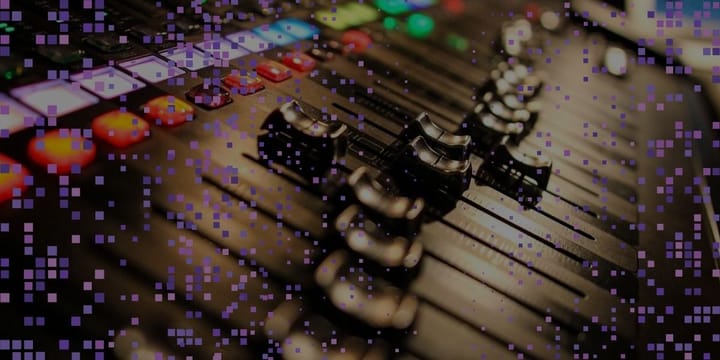Engineering People At Scale
What if the game isn’t about control through fear, but through comfort? Through curated choices that never really felt like choices? Through tech that learns what we want—then slowly decides what we want?

I like being human. I like thinking for myself. I like knowing that I’m a logical, well-balanced person who isn’t easily manipulated. But lately, I’ve started asking:
What if even that confidence is part of the system?
What if the game isn’t about control through fear, but through comfort? Through curated choices that never really felt like choices? Through tech that learns what we want—then slowly decides what we want?
This isn’t a conspiracy theory. It’s a reality we’re already living in.
If we don’t start talking about it, then the worst part isn’t that we might lose our voice.
It’s that we’ll think we’re still using it—when really, the algorithm already answered for us.
In 2017, Klaus Schwab, founder of the World Economic Forum, posed a provocative question at Davos:
“Why do we need elections anymore... if you can already predict the result?”
At the time, it sounded like abstract futurism. A thought experiment. Maybe a warning. Maybe a boast. Either way, it was speculation.
This idea was revived by the current administration in July 2024, telling voters that they "don't have to vote again." We can debate on the depth of what DT meant by that but he may have been speaking, perhaps, about managing people (and elections) through technology. What does that mean?
Eight years later, Schwab’s question isn’t theoretical anymore. It’s disturbingly plausible. And for all we know, it’s already being answered behind closed doors—not by ballots, but by code.
Let’s take a deeper look at what it really means to “manage people” with technology in 2025.
From Managing People to Engineering Them
Management used to be about coordination—your boss scheduling your time, or HR sending reminders.
Today, the word means something else entirely.
- Algorithms nudge our decisions before we realize we’re deciding.
- Apps track behavior down to the millisecond and feed it into predictive models.
- Our attention, preferences, fears, and moods are mapped in real time and sold to the highest bidder.
- Even biometric signals—how we scroll, blink, pause, react—are being used to build profiles and influence outcomes.
And that’s just some of the ways we are managed. It’s not just management.
It’s behavioral engineering at scale.
The kind Schwab floated in 2017 now happens invisibly on millions of screens every day.
Not with a vote. With a swipe.
So What Did He Really Mean?
When Schwab asked, “Why do we need elections anymore?” he didn’t follow up with, “Let’s get rid of them.”
But he did imply that digital systems might someday be able to anticipate people’s desires better than traditional voting.
In 2025, it’s the water we’re swimming in:
- Amazon knows what we want before we do.
- TikTok knows what will keep us awake at 2 a.m.
- Spotify scores our emotional baseline and adjusts accordingly.
- Political campaigns don’t need your opinion—they need your data trail.
Elections might still exist, technically. But if algorithms already predict the outcome—and influence the process—what power do we really have?
Democracy Is Getting Rattled. So far, no one declared elections obsolete. No one shut down the polls, yet.
Instead, we’ve been subtly rerouted.
Managed not by people—but by interface design, dopamine feedback loops, and predictive analytics.
- We’re persuaded by what shows up in our feeds.
- We’re nudged toward certain ideologies without even hearing the counterarguments.
- We’re scored by invisible systems that decide if we’re trustworthy, employable, or worth listening to.
And the most unnerving part? We’ve accepted it all in exchange for convenience.
This is no longer theory. It’s practice.
And if you still think you’re making all your choices freely—you’re exactly the kind of citizen this system was designed to keep comfortable. I'm not trying to upset anyone, but it's important to know what's really happening.
What Happens Next?
If algorithms shape your behavior, platforms guide your perception, and apps track your mood...
...then who, exactly, is governing you?
If elections become a ritual, but the real decisions happen in data centers—are we still living in a democracy?
Or are we living in a simulation of one, managed by systems no one voted for?
Klaus Schwab may have only been speculating. But speculation, in the hands of technocrats and software engineers, has a habit of becoming policy—quietly, efficiently, and without permission.
And that’s the real danger.



